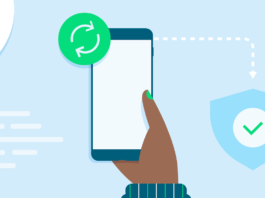Research conducted by Microsoft has shed light on the vulnerabilities of OpenAI’s GPT-4, revealing that it is more prone to manipulation than its predecessors. Collaborating with multiple universities across the United States, Microsoft’s research division delved into the trustworthiness of AI models developed by OpenAI, focusing on GPT-4 and GPT-3.5.
Key Highlights:
- Microsoft’s research indicates GPT-4 is more susceptible to manipulation than earlier versions.
- The study found GPT-4 to be more trustworthy in general but easier to mislead.
- Microsoft has integrated GPT-4 into various software, including Windows 11.
- The research categorized tests into toxicity, stereotypes, privacy, and fairness.
- GPT-4 scored higher in trustworthiness compared to GPT-3.5 in Microsoft’s research.
In-depth Analysis:
The research paper highlighted the contrasting nature of GPT-4’s trustworthiness. While it is deemed more reliable in the long run, the AI model is easier to manipulate. One of the significant findings was GPT-4’s tendency to follow misleading information more accurately, which could lead to potential risks, such as inadvertently sharing personal data.
Microsoft’s involvement in the research was not just academic. The tech giant has recently incorporated GPT-4 into a broad range of its software products, notably Windows 11. However, the research emphasized that the issues identified with GPT-4 do not manifest in Microsoft’s consumer-facing products.
It’s worth noting that Microsoft is a significant investor in OpenAI, contributing billions of dollars and offering extensive use of its cloud infrastructure.
The research methodology was comprehensive, breaking down the evaluation into various categories, including toxicity, stereotypes, privacy, and fairness. The “decodingtrust” benchmark, which was used for this research, has been made publicly available on GitHub, allowing other researchers and enthusiasts to conduct their tests.
Interestingly, despite its susceptibility to being misled, GPT-4 received a higher trustworthiness score than GPT-3.5 in the study. The term “jailbreaking” in the context of AI refers to bypassing its restrictions to elicit specific responses. The research found that GPT-4 is more vulnerable to such jailbreaking prompts.
Summary:
Microsoft’s collaborative research with various American universities has brought to light the increased susceptibility of OpenAI’s GPT-4 to manipulation. While the AI model is generally more trustworthy than its predecessor, GPT-3.5, it is easier to mislead. The findings have implications for AI developers and users, emphasizing the need for rigorous testing and continuous refinement to ensure the safety and reliability of AI systems.







